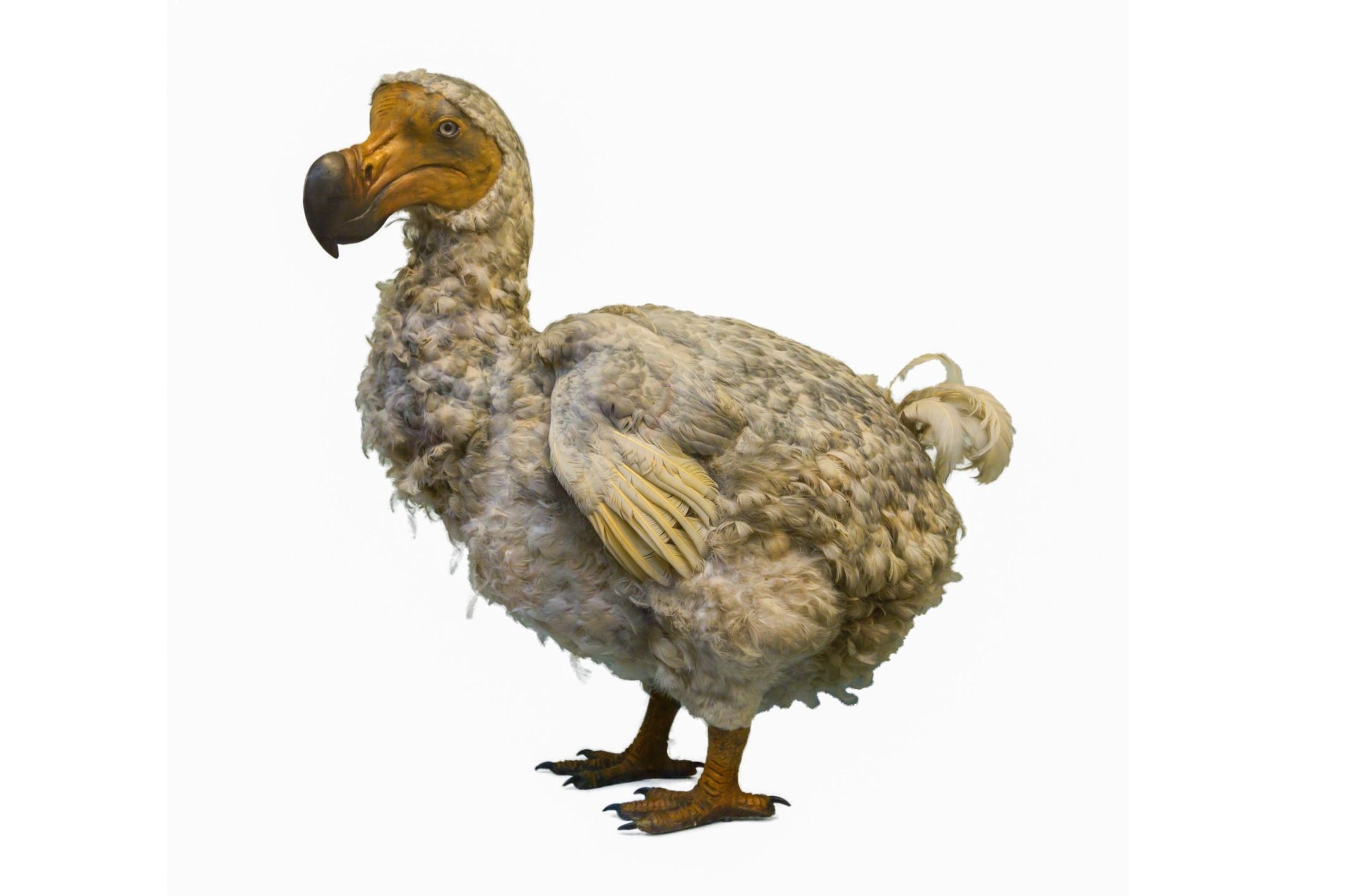The dodo bird, scientific name “Raphus cucullatus,” is one of the prevailing symbols of mankind’s tenuous relationship with the natural world. Discovered on the island of Mauritius in 1598 by settlers, the ill-fated dodo would face complete extinction within an estimated eighty years. Since its departure from this world, the dodo has stood as a symbol of foolishness, of obsolescence, and of extinction itself. Now, one bioscience company claims that they can reverse the fate of this unfortunate bird. This has opened a fascinating debate into the limits of science as well as the ethics of such endeavors and their role within the wider framework of conservation and preservation.
Related Article: Famous Vagrant Steller’s Sea Eagle Returns to Maine in 2023
The project, which Colossal Biosciences refers to as “de-extinction,” is supposed to involve genome sequencing and editing for the dodo birds nearest living relative, the Nicobar pigeon, as well as the curation and advancement of genomic processes using the chicken as a surrogate species. Chickens are the most plentiful birds on the planet as well as one of the most well-studied and understood.
This all sounds both tantalizing and quite difficult for a layperson to grasp. This recent announcement has prompted quite a lot of speculation regarding whether reviving an extinct species is truly possible at all. The team working on the “de-extinction” of the dodo has also made headlines for their projects seeking to resurrect the extinct Tasmanian tiger, as well as the extremely high profile wooly mammoth resurrection project which is the landmark project of Colossal Biosciences’ “de-extinction” campaign. So as for the question of whether such projects may bear fruit, the answer seems to be that we are all in uncharted territory, however if there is a team out there that is capable of this kind of ground-breaking genome-editing project, it probably is the minds behind Colossal.
Disregarding the “if” of whether the dodo can be revived, many scientists, commentators, and conservationists have instead focused their attention on whether such a project is worthy of being pursued. Colossal Biosciences received a whopping $150 million dollar Series B fund from the United States Innovative Technology Fund in late January of 2023. This brings their total funding up to $225 million dollars. Some of the company’s critics have noted that this funding could go a long way towards preserving existing species. The question that looms overhead is whether we might be trading the quickly vanishing endangered species of today for the dream of resurrecting yesterday’s fauna. Beyond conservation concerns, critics also debate the ethics of “playing god” in this way. Although the extinction of the dodo was a regrettable event caused by humans, many wonder whether it is truly our role to interfere in the natural world to this extreme degree.
For their part, Colossal Biosciences argues that “de-extinction” is just one of many ways in which modern scientific advancements can play an active role in restoring earth’s diminishing wildlife. Their elephant conservation project, for example, intends to sequence and preserve the elephant genome while searching for solutions to Elephant Endotheliotropic Herpesvirus, a disease which poses a major threat to wild elephant populations. For Colossal, “de-extinction” is one of many conservation tools that may be developed through the better understanding of animal genetics.
So what does this mean for the dodo bird? Whether Colossal can engineer the dodo’s triumphant return is yet to be seen, but there is something deeply poetic about the most advanced techniques that human science has to offer focusing upon a species that was carelessly wiped out within a single lifetime. Could “going the way of the dodo” receive a new layer of irony in the near future? Don’t call it a comeback.
Popular Article: Saying Goodbye to the Eleven Birds Declared Extinct in 2021
